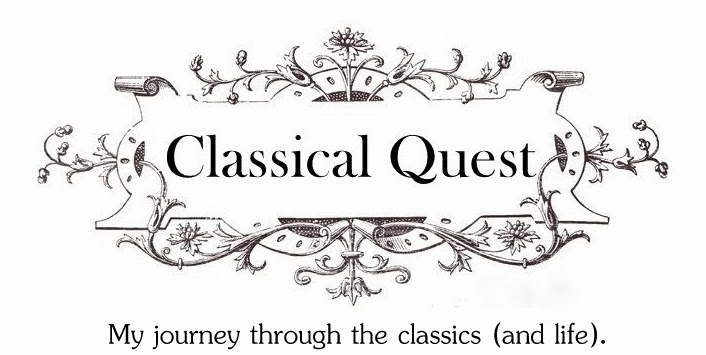I really don't like to clean house. It feels like such a waste of time -- like when I was a kid, my grandma used to give me a bucket of water and a paint brush and send me out to "paint" her driveway on a hot summer day. I would work diligently to finish a square of concrete just in time for the water to begin evaporating...
I have the same sensation now as a homemaker: Didn't I just wash these dishes...sweep this floor...sort these socks? Again and again and again like I'm stuck in a time-warp.
| Happy Easter! |
"For heaven's sake," I say to my kids, "WHERE'S THE MAID?"
"Mommy, you are the maid!" they giggle.
| Happy Saint Patrick's Day! |
A few days ago, I was closing in on the half-way point of Moby-Dick. I had completed chapter 42, which is considered to be the "visionary center" of the novel. It was an unforgettable, amazingly cool chapter. Up to that point, I had been clipping along at a nice pace of seven to nine chapters per day. The problem was, my eldest son suddenly had no clean socks for school (I let him wear a pair of mine.), my daughter couldn't find a t-shirt to match the shorts she wanted to wear (We settled on something that was close enough.), and anytime someone walked through the kitchen, a comment was made that the floor felt sticky.
I took a walk through my house and observed this:
| Happy Valentine's Day! |
and this:
| Merry Christmas! |
Time for spring cleaning!
Mom agreed to take my little boys overnight, so this morning after my oldest two left for school, I had the house to myself -- well almost -- my precious new baby girl stayed with me of course!
An entire day stretched out before me! I felt very optimistic about what I would accomplish. My goal was to organize the rooms upstairs until around noon and then clean those rooms until four o'clock or so. Afterwards, I would enjoy a leisurely dinner with (part of) my family and indulge in some uninterrupted reading until bedtime. I figured tomorrow I could handle the downstairs portion.
But it didn't work out that way.
At all.
I gutted and sorted five closets all day. It felt like gutting a whale. I just kept pulling stuff out. Pulling and pulling. Each of the beds were heaped with clothes -- winter clothes, summer clothes, stuff too small, stuff too large, a few things were even dirty.
It took more than ten hours to organize the bedrooms and closets of my five children.
I didn't get to the actual cleaning. That part has been re-scheduled for tomorrow. (Before my little boys return!)
It would have been a perfect day for reading. The house was so quiet, a gentle rain came down for hours. I was tempted, but I did not cave.
Next week will be better. My house will be orderly and clean. People here will be able to find the clothes they want to wear. Moby-Dick is not going anywhere. No, The Whale awaits me!
